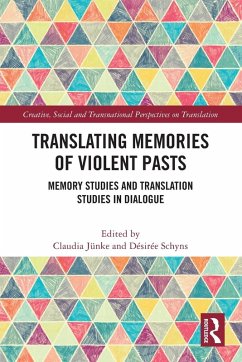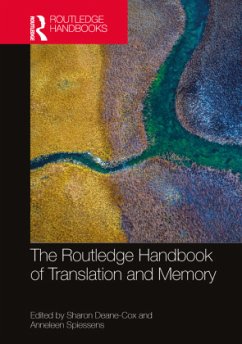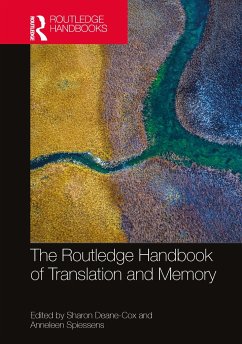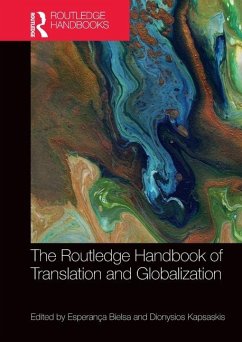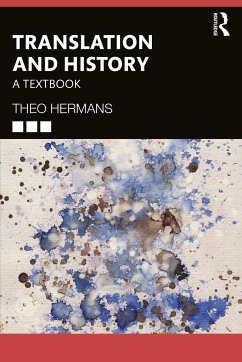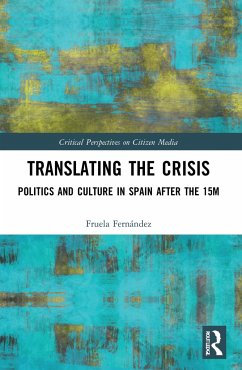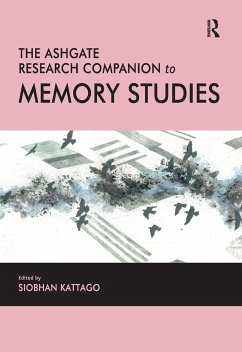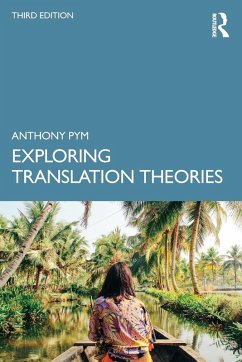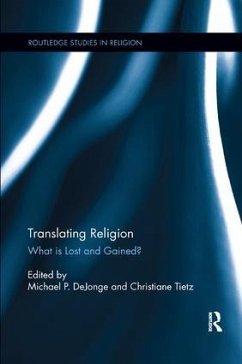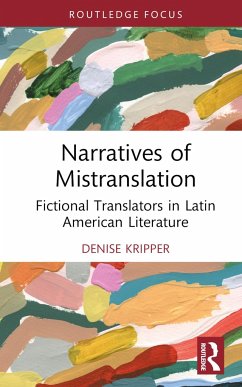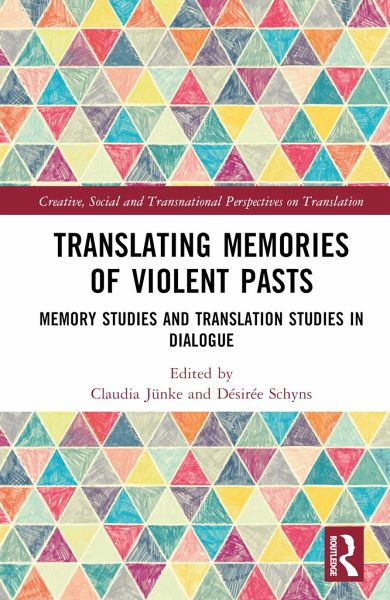
Translating Memories of Violent Pasts
Memory Studies and Translation Studies in Dialogue
Herausgegeben: Jünke, Claudia; Schyns, Désirée
Versandkostenfrei!
Versandfertig in 6-10 Tagen
149,99 €
inkl. MwSt.

PAYBACK Punkte
75 °P sammeln!
This collection brings together work from Memory Studies and Translation Studies to explore the role of interlingual and intercultural translation for unpacking transcultural memory dynamics, focusing on memories of violent pasts across different literary genres.The book explores the potential of a research agenda that links narrower definitions of translation with broader notions of transfer, transmission, and relocation across temporal and cultural borders, investigating the nuanced theoretical and conceptual dimensions at the intersection of memory and translation. The volume explores memor...
This collection brings together work from Memory Studies and Translation Studies to explore the role of interlingual and intercultural translation for unpacking transcultural memory dynamics, focusing on memories of violent pasts across different literary genres.
The book explores the potential of a research agenda that links narrower definitions of translation with broader notions of transfer, transmission, and relocation across temporal and cultural borders, investigating the nuanced theoretical and conceptual dimensions at the intersection of memory and translation. The volume explores memories of violent pasts - legacies of war, genocide, dictatorship, and exile across different genres and media, including testimony, autobiography, novels, and graphic novels. The collection engages in central questions at the interface of Memory Studies and Translation Studies, including whether traumatic historical experiences that resist representation can be translated, what happens when texts that negotiate such memories are translated into other languages and cultures, and what role translation strategies, translators, and agents of translations play in memory across borders.
The volume will be of particular interest to students and scholars in Translation Studies, Memory Studies, and Comparative Literature.
The book explores the potential of a research agenda that links narrower definitions of translation with broader notions of transfer, transmission, and relocation across temporal and cultural borders, investigating the nuanced theoretical and conceptual dimensions at the intersection of memory and translation. The volume explores memories of violent pasts - legacies of war, genocide, dictatorship, and exile across different genres and media, including testimony, autobiography, novels, and graphic novels. The collection engages in central questions at the interface of Memory Studies and Translation Studies, including whether traumatic historical experiences that resist representation can be translated, what happens when texts that negotiate such memories are translated into other languages and cultures, and what role translation strategies, translators, and agents of translations play in memory across borders.
The volume will be of particular interest to students and scholars in Translation Studies, Memory Studies, and Comparative Literature.





